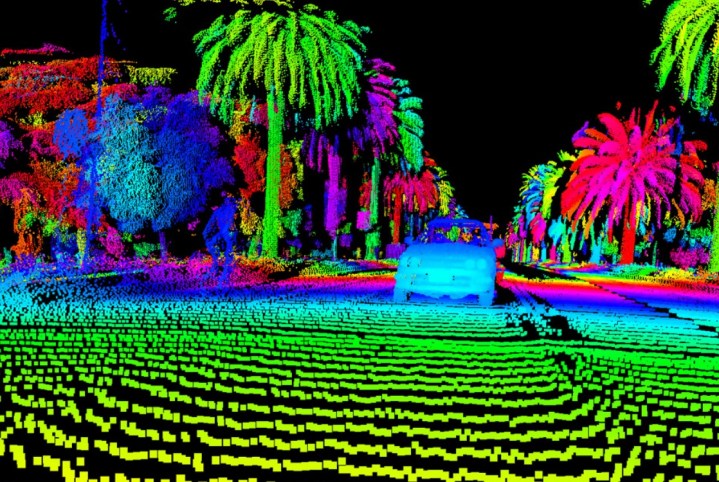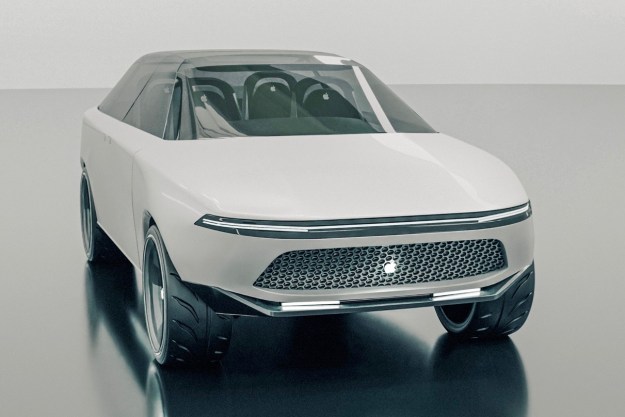
Audi has joined the list of automakers working with Luminar to make safe, reliable self-driving cars a reality in the not-too-distant future. The German firm announced a partnership with Luminar that aims to develop and test autonomous technology in real-world conditions. The collaboration will have far-reaching effects beyond the Audi portfolio.
California-based Luminar provides its forward-facing high-fidelity and long-range lidar technology to an Audi-owned, Munich, Germany-based company called Autonomous Intelligent Driving (AID). AID was founded by Audi, but it is working to develop autonomous technology for many companies owned by the Volkswagen Group including the Volkswagen brand and Porsche. Using Luminar’s technology — which sees further and better than the sensors built by rival companies — will help it quickly develop different systems for a wide variety of cars.
“Perception remains a bottleneck today for autonomous mobility, and we quickly worked to find the most powerful sensors to make the perception task easier. That’s where Luminar comes in — the technology is clearly above the pack in terms of range and density, which is important for solving the most challenging problems in autonomy,” explained Alexandre Haag, AID’s chief technology officer, in a statement.
AID is currently testing about a dozen experimental, self-driving e-Golfs in and around Munich, though it will soon begin working with Audi’s electric E-Tron SUV. The prototypes are equipped with Luminar hardware, including sensors, but they rely on AID’s own software and deep-learning technology to interpret what they see, such as a truck veering into their lane or a pedestrian crossing a street. The prototypes record and label every part of the environment they operate in, which is a key part of teaching a computer how to drive. It helps them tell a bus apart from a dumpster, for example, and react accordingly.
If everything goes according to plan, AID will begin deploying the autonomous technology it’s developing with Luminar in 2021. There’s no word yet on the type of car it will equip. It’s owned by Audi, so it’s safe to assume the technology will power select Audi models, but the Volkswagen connection means we could see the technology in many other cars. Most of Volkswagen’s ID concepts — including the Buzz and the Vizzion — were designed with autonomous driving in mind, and they’re tentatively scheduled to arrive in showrooms after 2021 so they fall within the time frame provided by AID. Porsche could benefit from the technology, too. Don’t expect to see an autonomous 911 anytime soon, but the electric Taycan is expected to incorporate some degree of autonomy.
Luminar is also helping Volvo’s self-driving efforts. The two partners recently announced a breakthrough in lidar technology, offering a range 10 times greater than the units currently in production.
Editors' Recommendations
- Tesla Autopilot vs. full self-driving: What’s the difference?
- Dubai Police to deploy driverless patrol cars with AI smarts
- An autonomous car in San Francisco got stuck in wet concrete
- Autonomous cars confused by San Francisco’s fog
- Is Tesla Full Self-Driving worth it?




